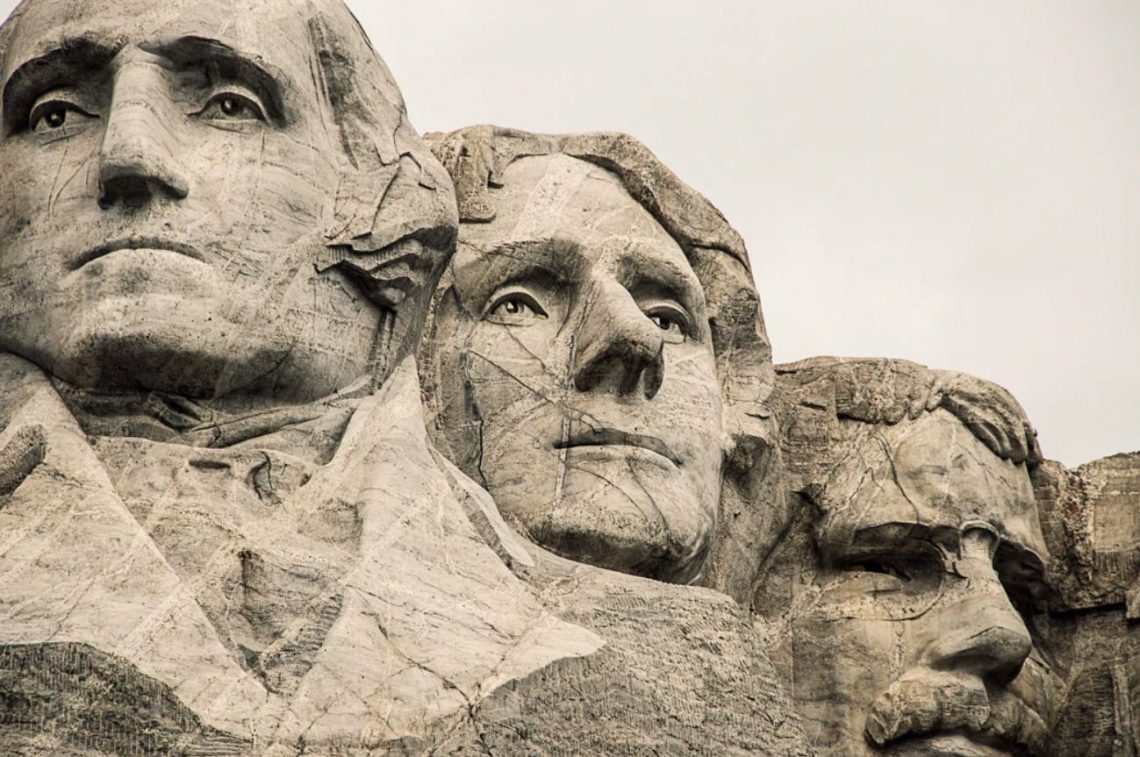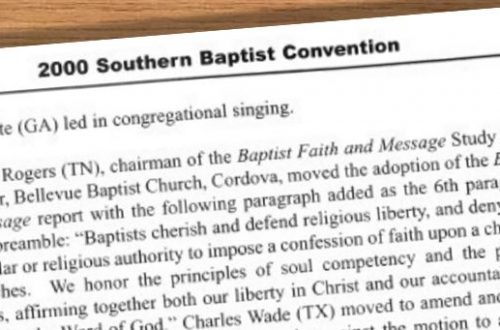At the end of a bitterly fought election season, it is good for us Christians to consider what we owe a president. At the very least, we owe our president a commitment to pray for him. In 1 Timothy 2:1-4, Paul writes:
1 First of all, then, I urge that supplications, prayers, intercessions, and thanksgivings be made for all people, 2 for kings and all who are in high positions, that we may lead a peaceful and quiet life, godly and dignified in every way. 3 This is good, and it is pleasing in the sight of God our Savior, 4 who desires all people to be saved and to come to the knowledge of the truth.
Verse 2 specifies the kinds of people Paul wants Timothy and his congregation to pray for: “kings and all who are in high positions.” This phrase obviously refers to the governing authorities in their Roman imperial context. Nevertheless, the command to pray applies to all Christians who answer to governing authorities. We must pray for them because our leaders can implement policies and enact laws that either protect Christians or make them a target for unjust treatment. That is why Paul says that Christians must pray for this purpose: “that we may lead a peaceful and quiet life, godly and dignified in every way.”
The term translated as “peaceful” means quiet and tranquil, “untroubled from without.” For this reason, Christians must pray that their president might lead in a way that keeps Christian churches safe from mistreatment—from the kind of suffering and persecution that tempts believers to be unfaithful to Christ. Because of the royal law that we must love our neighbors as ourselves, we extend this prayer in behalf of everyone (James 2:8). We pray that our President would make it his business to see that no person be treated unjustly (Rom. 13:1-7).
This peace and quiet is not an ultimate end but a penultimate one. The ultimate end is that the church might live “godly and dignified in every way.” Godliness describes the “awesome respect” that every person owes to God (BDAG). Dignity “connotes moral earnestness, effecting outward demeanor as well as interior intention” (Knight, 118). Thus godliness may indicate the godward, reverential perspective while dignity represents the manward, ethical perspective. The former has in view one’s duty to honor God, and the latter one’s duty to honor God before his neighbor.
Prayer that pleads with God for a peaceful and quiet life is “good and acceptable” to God. The term translated “good” indicates that such prayer is morally praiseworthy. God commends such prayer in part because it is a prayer that God’s moral will be upheld—that is, that His people not be mistreated but be allowed to carry out obedience to him without interference. Likewise, such prayer is “acceptable” in the sense that it is “welcome” and “pleasing” (BDAG). God welcomes prayers for his people to be treated with equity and justice.
Christians should pray that their President would lead so that they might have a peaceful and quiet life—which means a life that is free from mistreatment by those outside the church. Some Christians hear Paul talk like this, and it does not make sense to them. They think,
“Isn’t it selfish for us to pray for the good life? Especially as Western Christians, haven’t we had enough of the good life? Shouldn’t we desire and seek for the purifying effect that might come to us from persecution? Look how pure the church is in other places where there is persecution.”
But that kind of talk—glibly desiring for persecution to break out—is the kind of thoughtless declaration that emerges from those who do not appreciate what persecution actually entails. It’s an attitude that displays confusion on a couple crucial points:
First, this attitude confuses a providential good with a moral evil. Yes, God can bring about good through persecution. No, we should not desire for men to perpetrate a moral evil. And that is what persecution is—moral evil that God will bring into judgement. No one should desire evil so that good may come (cf. Rom. 3:8). We should pray against it as Paul instructs in this text.
Second, our brothers and sisters around the world who are being persecuted are crying out to God for deliverance. We need to be praying for their deliverance as well. That means we need to be praying for kings, president, prime ministers, dictators, and all in authority to stop persecuting them and to stop allowing others to persecute them. We need to be praying for them to live a peaceful and quiet life. Why? So that they can be free from harassment to lead a life of godliness and holiness. That’s how we need to be praying for them. Why would we pray anything less for ourselves? We need to pray against any external power or force that would coerce us to betray Christ. The Lord Jesus himself taught us to pray this way when he modelled, “Lead us not into temptation, but deliver us from evil.”
All of this means that we must offer support whenever a President pursues policies that promote righteousness and that oppose evil. And we should oppose him whenever he fails at the same.
I don’t know how all the politics are going to shake out in the days to come. But I do know that Christians must not trim their sails to fit the prevailing winds of culture. If the whole country embraces gay marriage, we must stand alone if need be and say, “Let the marriage bed be undefiled” (Hebrews 13:4). If the culture of death sweeps over the entire American electorate, we must stand apart and insist “Thou shalt not kill” (Exodus 20:13). Our convictions are not based on whether or not we have popular political support. They are based on the unchanging word of God. So we must stand fast. We must be the loyal opposition.
No Christian should be surprised by our changing political fortunes. Even though we may be American citizens, we know that we are nevertheless strangers and aliens (1 Peter 2:11). We know that here we have no lasting city, but that we are seeking a city which is to come (Hebrews 13:14). Until that city comes, we will seek the good of the city that we are in (Jeremiah 29:7), knowing that our ultimate hope for its transformation is in the gospel of Jesus Christ. And to that hope we give our lives no matter who happens to be President.





